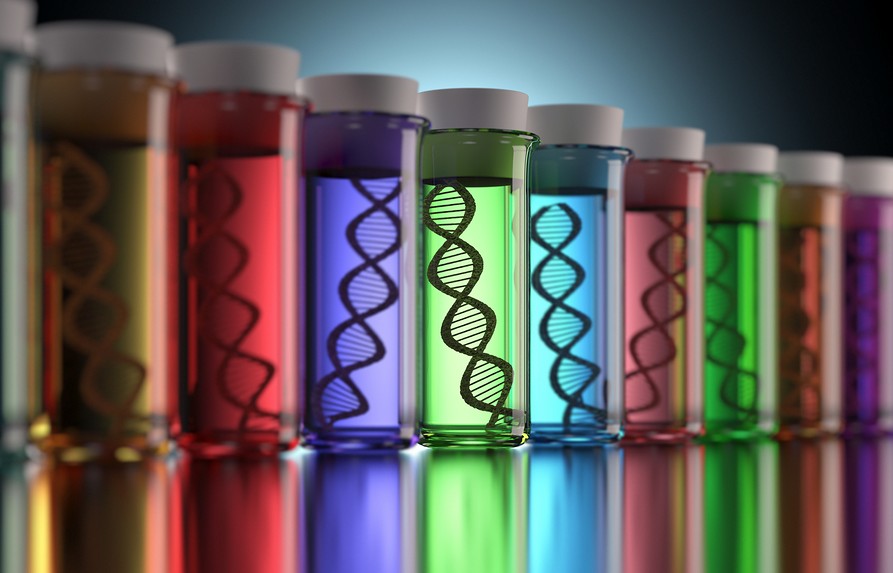Aggregated News

Genetic tests that predict the efficacy of certain cancer treatments aren’t as effective for people of African or Asian ancestry.
These tests measure the number of genetic mutations in solid tumours, or what’s known as tumour mutational burden (TMB). If someone has a tumour with 10 or more genetic mutations, they have a high TMB. Drugs called immune checkpoint inhibitors, which work by turning the immune system against tumours, have been shown to be quite effective against cancers in people with high TMB, but less so in people with fewer mutations.
The most accurate way to measure TMB is by doing genetic analyses of both tumour and normal tissue samples. This is called tumour-normal sequencing, and it ensures that mutations people inherent from their parents aren’t counted as tumour mutations. “If you don’t have matched normal tissue from an individual, you can actually overestimate the tumour mutational burden,” says Amin Nassar at Yale University in Connecticut.
Most treatment centres currently use tumour-only genetic sequencing, which estimates TMB by comparing results with genetic databases instead of a person’s own tissue...



